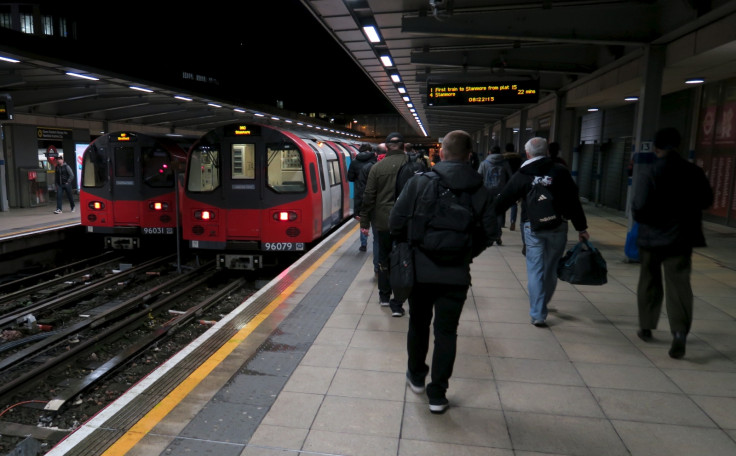Tube trains, industrial machinery and geothermal energy could soon heat UK homes
UK needs to replace heat generation by gas-fired boilers with greener sources to meet climate change targets.

The heat generated by tube trains, industrial machinery and geothermal energy could be utilised to provide warmth to thousands of homes in the UK. This is part of the government-backed plans to expand "heat networks".
About 80% of the UK homes are currently heated by gas-fired boilers. However, these are required to be replaced by greener sources to allow Britain meet its climate change targets, which require a reduction in carbon emissions by 2050. Hence, more than 30% of local authorities in England and Wales are now said to be drawing up new greener schemes for heating homes in the country.
"We need to embrace leading technologies and the Government is helping councils improve energy infrastructure, cut carbon and keep people's bills down," Greg Clark, Secretary of State for Business, Energy and Industrial Strategy, was quoted as saying by The Telegraph.
Some of the new schemes are said to be aimed at making changes to these heat networks, which transport hot water or steam through insulated pipes to provide warmth to homes. For instance, one scheme which is under development in Islington, north London, aims to use heat from the Northern Line of the London Underground network. Another example would be that in Stoke-on-Trent, where plans are being developed to use renewable geothermal heat from deep underground. The council here is also said to be considering the option of recycling heat from pottery kilns from the ceramics industry.
The government is also said to be supporting the new schemes by way of monetary funding to councils. They are due to announce this week that 38 councils have won £2.8m ($ 3.67m) to work on feasibility studies. This will sum the total number of local authorities working on any form of green plans to 131.
The UK Government now hopes that its monetary support will make more networks use heat generated from a waste by-product of commercial or industrial process or from renewable sources. The Committee on Climate Change (CCC), an independent body that advises the UK Government on reducing greenhouse gas emissions, estimates that these heat networks could eventually provide about 18% of the UK's building-heating requirements, up from the 1% to 2% needs it meets currently.
© Copyright IBTimes 2025. All rights reserved.





















